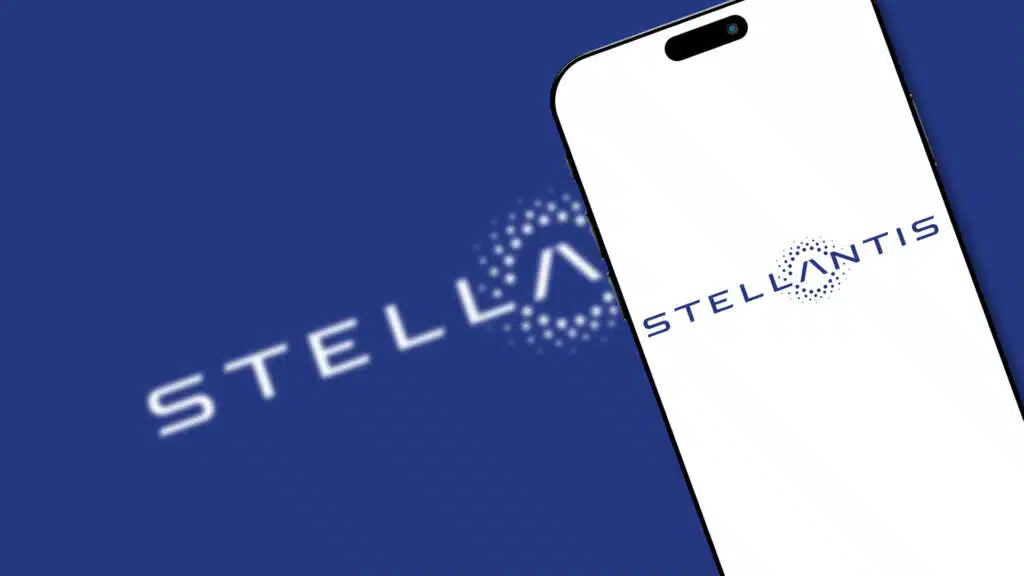The News:
Call center satisfaction garnered the lowest customer ratings across each category of wireless carriers, hovering around the 70-71 mark across mobile network operators (MNOs), full-service mobile virtual network operators (MVNOs), and value oriented MVNOs, according to the American Customer Satisfaction Index (ACSI) Wireless Phone Service and Cell Phone Study 2022-2023. Based on the ACSI’s 100-point index, all other product and service categories had minimum scores of 75 out of 100.
The ACSI study, which interviewed 15,881 customers, chosen at random and contacted via email between April 2022 and March 2023, tracked year-over-year satisfaction across several factors, including technical service aspects (call reliability, data upload/download speeds, network coverage, and call quality); service offerings (variety of plans offered, mobile app quality and reliability, website satisfaction); and customer care offerings (store/service staff courtesy and helpfulness, speed of store/service center transactions, and call center satisfaction).
You can view the press release announcing the results of the study here.
Call Center Satisfaction Weighs Down Overall Wireless Service Ratings
Analyst Take:
The ACSI Wireless Phone Service and Cell Phone Study 2022-2023 found that call center satisfaction generated the lowest customer satisfaction rating of around 70-71, compared with all other product and service categories, which had minimum ratings of 75, based on the ACSI’s 100-point index. While customer experience is a culmination of all aspects (products, services, and support) offered by a carrier, contact centers are a key interaction channel that can have an outsized impact on customer success, sentiment, and satisfaction.
Call Center Satisfaction Driven by Multiple Factors
Call centers can positively impact customer experience, but even one misstep can drastically impact the perception of the company and the customer’s experience. While the ACSI study did not drill down to identify the specific reasons for lower satisfaction with call centers, there are a few key factors of a contact center experience that are likely in play.
Time to connect: Contact centers must be set up to ensure customers can be connected quickly to resources that can help them (including AI-driven self-service options), without spending minutes or hours in a queue. Long wait times can drastically depress customer call center satisfaction ratings.
Clunky escalation and handoff procedures: In a perfect world, all call center inquiries would be handled quickly, with no need to escalate to higher-level representatives. However, in a non-perfect world, escalation and transfers to other representatives occur frequently, and they must be handled smoothly, with minimal repetition of the customer’s authentication information, the issue at hand, and the steps previously taken to try to remedy the problem. Call center satisfaction can take a steep hit with respect to having to repeat information, because it appears to the customer that their time simply is not valued.
Minimal agent support impacting efficiency: Contact center agents are often forced to juggle multiple customers through myriad channels, while also navigating and using several disparate applications or screens. This can not only make it more difficult to find the information a customer needs, but can also slow down the interactions with each customer, making it appear as if the agent is distracted or overwhelmed. Contact centers should consider implementing agent-focused platform and tools that can pull data from disparate sources onto a single pane of glass, as well as incorporate AI assistants that can quickly surface context-aware suggestions for next-best actions, thereby improving each agent’s workflow and efficiency. The implementation of AI-driven process automation, which involves intelligently managing agent post-call work, can also improve agent efficiency and increase their job satisfaction.
Lack of empathy training: Contact centers that do not train agents to show genuine empathy for customers and their situations are setting themselves up for call center dissatisfaction. This is because many times, customers will reach out to contact centers not just to solve their issues, but to seek out human affirmation that they are having problems. Reaching out via voice channels, which, by their very nature, are less efficient than digital channels such as SMS or chat, is often indicative that customers are seeking a human response, and agents must be trained to provide an empathetic response.
Inability to deploy advanced support tools: Contact center interactions that remain based solely on voice-based communication may suffer, particularly as customers become more comfortable with advanced, immersive technology, such as co-browsing, screen sharing, augmented reality, and virtual reality. Contact center satisfaction can be improved by making it easier to seamlessly switch to or augment the voice interaction with these technologies, which allow for greater levels of information sharing, customer direction and instruction, and understanding between agents and customers.
Author Information
Keith Kirkpatrick is VP & Research Director, Enterprise Software & Digital Workflows for The Futurum Group. Keith has over 25 years of experience in research, marketing, and consulting-based fields.
He has authored in-depth reports and market forecast studies covering artificial intelligence, biometrics, data analytics, robotics, high performance computing, and quantum computing, with a specific focus on the use of these technologies within large enterprise organizations and SMBs. He has also established strong working relationships with the international technology vendor community and is a frequent speaker at industry conferences and events.
In his career as a financial and technology journalist he has written for national and trade publications, including BusinessWeek, CNBC.com, Investment Dealers’ Digest, The Red Herring, The Communications of the ACM, and Mobile Computing & Communications, among others.
He is a member of the Association of Independent Information Professionals (AIIP).
Keith holds dual Bachelor of Arts degrees in Magazine Journalism and Sociology from Syracuse University.







